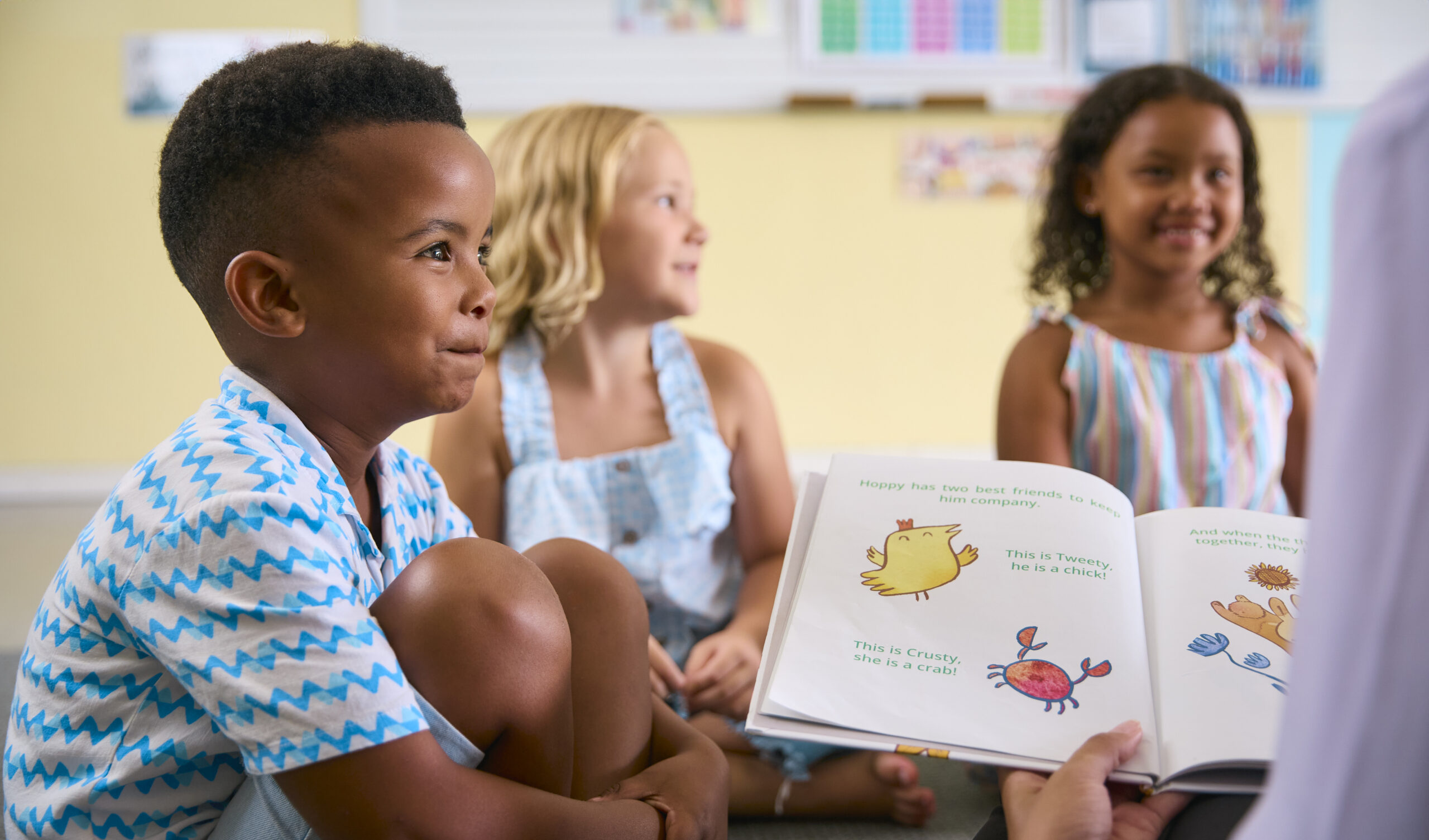In today’s fast-paced, academically driven world, one of the strongest predictors of future academic success can be found in the simplest of places: a child’s early exposure to language and reading. Early literacy doesn’t just prepare children for kindergarten—it sets the foundation for lifelong learning.
But what exactly is early literacy, and why does it matter so much? And perhaps more importantly, how can parents and educators ensure that children don’t just learn to read but read to learn—confidently, capably, and with joy?
Let’s explore how the building blocks of early literacy impact long-term academic achievement—and what you can do to support the young readers in your life.
What is Early Literacy?
Early literacy is more than just recognizing letters or memorizing the alphabet song. It encompasses a wide range of skills—phonemic awareness, vocabulary development, print knowledge, narrative understanding, and more—that collectively prepare a child to read and write.
These skills begin forming from birth. Babies who are spoken to frequently, toddlers who are read to daily, and preschoolers who explore books and storytelling all gain the foundation necessary for successful reading. These aren’t just warm and fuzzy moments; they are critical investments in a child’s cognitive and linguistic development.

Why Early Literacy Matters
Children who enter kindergarten with strong literacy skills have a distinct academic edge. Research consistently shows that early readers are more likely to:
- Score higher on standardized tests
- Advance to higher reading levels more quickly
- Develop greater confidence in academic settings
- Graduate high school and pursue higher education
On the flip side, children who begin school without strong reading skills often struggle to catch up. According to data from the Annie E. Casey Foundation, children who aren’t proficient in reading by the end of third grade are four times more likely to drop out of high school. That’s a steep price for a slow start.
The Role of Parents and Caregivers
Parents and caregivers are a child’s first and most influential teachers. Simple activities like reading bedtime stories, singing songs, and playing rhyming games have profound impacts on early literacy development.
Moreover, early engagement helps parents notice when something doesn’t seem quite right. Is your child avoiding books? Struggling to remember letters? Mixing up sounds? These can all be early indicators of reading challenges—and the sooner they’re addressed, the better.
The Classroom Connection: Teachers and Early Literacy
Teachers are instrumental in bridging the early literacy gap, especially in the preschool and elementary years. With structured instruction, engaging reading materials, and classroom routines that build phonics and comprehension skills, educators help children solidify the foundation laid at home.
However, teachers often face large classrooms and limited time. That’s where specialized support becomes invaluable.
When Extra Help is Needed: Enter the Reading Specialist
Sometimes, despite everyone’s best efforts, a child struggles with reading. This doesn’t mean they can’t succeed—it means they need a targeted approach.
PDX Reading Specialist provides just that. With a focus on comprehensive, individualized reading assessments and evidence-based interventions, PDX helps children develop the skills they need to become strong, confident readers.
Whether it’s decoding difficulties, fluency struggles, or comprehension confusion, PDX Reading Specialist identifies the root causes and provides a roadmap for success. And the earlier the support starts, the more powerful the results.
The Importance of Early Assessment
Reading assessments are like a GPS for a child’s literacy journey. They tell us where a child is, highlight areas of strength, and identify where support is needed. These insights guide everything from daily instruction to long-term intervention plans.
PDX Reading Specialist offers assessments that go beyond the surface to uncover what’s really happening with a child’s reading development. And because every child is unique, these assessments inform tailored strategies that work for them.

Long-Term Payoff: From Early Literacy to Lifelong Success
The benefits of strong early literacy go far beyond the classroom. Students who read well are more likely to:
- Develop critical thinking skills
- Communicate effectively
- Engage with complex materials in science, math, and social studies
- Enjoy reading for pleasure—a lifelong habit linked to mental well-being and cognitive health
In essence, early literacy isn’t just an academic skill—it’s a life skill.
Start Early, Aim High
It’s never too early—or too late—to support a child’s literacy journey. Whether your child is just beginning to explore books or is already in elementary school but showing signs of struggle, now is the time to act.
Early literacy development is one of the most powerful tools we have to ensure long-term academic achievement. And with the right support, every child can become a confident, capable reader.
Ready to Take the Next Step?
Contact PDX Reading Specialist for a Comprehensive Reading Assessment
At PDX Reading Specialist, we believe that every child deserves the chance to succeed—and that starts with understanding their unique reading profile. Our comprehensive reading assessments and tailored support plans are designed to empower young readers and provide peace of mind for parents.
👉 Reach out today to schedule your child’s personalized reading assessment and set them on the path to lifelong learning.


